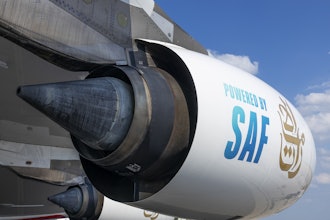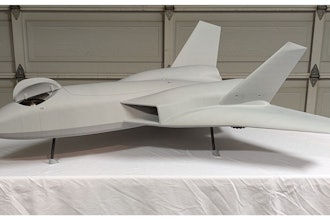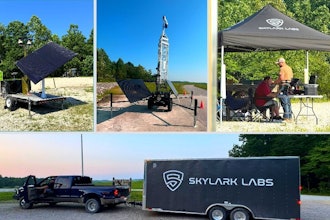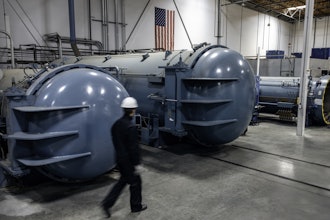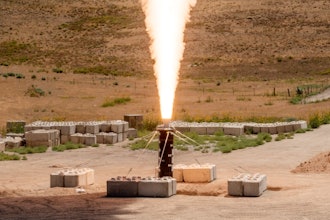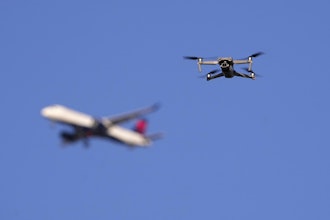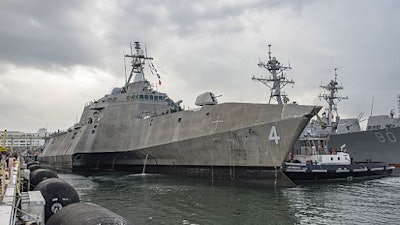
WASHINGTON (AP) — The chairman of the Senate Armed Services Committee is blasting the Navy's expensive new warships that have been plagued by engine problems and have yet to demonstrate key warfighting functions.
Sen. John McCain, R-Ariz., a Navy fighter pilot in the Vietnam War, said the $12.4 billion spent for 26 littoral combat ships is the most egregious example of what he calls "America's Most Wasted: Indefensible," the latest in a series of reports on wasteful spending by the Pentagon.
In a report Monday, McCain calls the littoral ship program "an unfortunate and classic example" of defense acquisition gone awry." Initially expected to cost $220 million per ship and be able to counteract mines by 2008, the program's cost has more than doubled to $478 million per ship, and mine countermeasures are not expected to be operational until 2020.
As the military confronts a diverse and complex array of national security challenges, the U.S. "simply cannot afford to waste our precious defense dollars on unnecessary or poorly performing programs" such as the littoral ships, McCain said. They are designed to operate in shallow coastal — or littoral — waters.
Navy Vice Adm. Thomas Rowden, commander of Naval Surface Forces, defended the program to the House Armed Services Committee earlier this month, saying that he is well aware of the problems surrounding the ship's development and has been leading the effort to identify solutions. He said they have come up with a number of recommendations to address the issues.
"We're learning about the issues. We're learning about how to maintain it, and going forward, I am 100 percent confident that we'll tackle those issues and we'll defeat them," he said. "There is still much work to be done to fully unlock the significant potential of these ships."
The Navy also said the cost of each ship has been below the congressionally mandated cap of $480M since that limit was set in 2011, and the production cost per ship has been steadily declining.
Two versions of the warships were sped into production to meet the Navy's goal of a speedy ship to operate in shallow coastal waters. The ships, which are capable of topping 50 mph, utilize steerable waterjets instead of propellers and rudders to operate in shallow water.
Although the ship — known as LCS — "may yet deliver some capability," McCain said as currently configured it has "no proven combat capability." McCain's frustration with the program could translate into changes next year when his committee authorizes military spending.
Beside the littoral ships, McCain's report also criticizes the Pentagon for improperly spending $458 million on incomplete or inappropriate travel expense reimbursements; $58 million for alternative fuel sources for the Navy; and $1 million for reimbursements for unauthorized expenses at casinos and strip clubs.
An Air Force lieutenant colonel was reimbursed for 89 transactions totaling $14,371, McCain said, while an Army lieutenant colonel was reimbursed for 37 transactions totaling $7,760.
"DOD personnel holding security clearances are particularly vulnerable to being targeted for blackmail," McCain said.
Military agencies should monitor employees' activities to ensure they are not a national security risk "and report individuals for re-evaluation when they engage in activity that could place them at risk — like gambling," he said.










